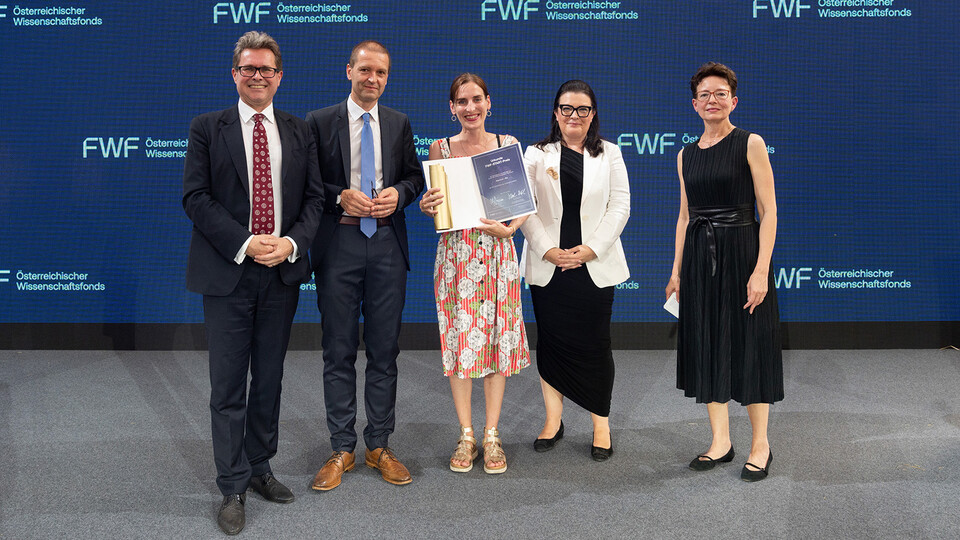

The Darwinian idea of "survival of the fittest" applies not only to species, but also to cells, the basic structural and functional unit of all life forms. Over the past 20 years, scientists have discovered that the tissues that make up our organs are not as similar as they appear. Rather, they are made up of heterogeneous populations of cells that compete with each other. Cell competition acts as a quality control mechanism in which less fit or diseased cells are eliminated by their healthy neighbors. Stephanie Ellis established her lab in 2022 to study the mechanisms underlying competitive behavior. Prior to joining the Perutz, she completed her post-doctoral training with Elaine Fuchs at Rockefeller University and obtained her PhD from the University of British Columbia.
"I am particularly excited about this grant because it enables us to conduct high-risk but high-potential experiments that will help us to identify novel regulators of cell elimination and fitness," says Stephanie Ellis. Using the skin as a model tissue, the lab will employ a spatial transcriptomics molecular profiling method, which allows scientists to measure all the gene activity in a tissue sample and map where that activity is occurring. "We will now be able to optimize this method and take full advantage of it to see the often very subtle differences between cells of the same type in tissues," says Stephanie.
Ultimately, studying cell competition has great medical potential for many diseases from cancer to rare genetic diseases. Understanding the processes at the interface between healthy and diseased tissue may help to develop potential treatment strategies aimed at promoting the proliferation of healthy cells at the expense of diseased cells. Consequently, one line of research in Stephanie’s lab will focus on X-linked diseases. "In these diseases we often see that female patients have the same genotype but the disease manifests differently. It will be fascinating to understand if cell competition somehow plays a role in this", Stephanie concludes.